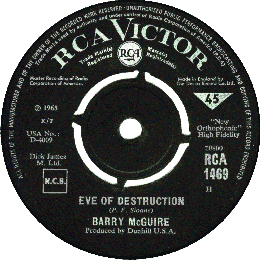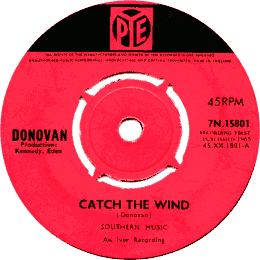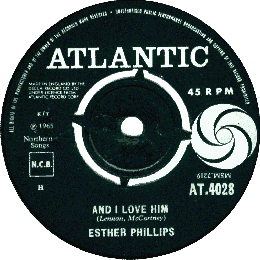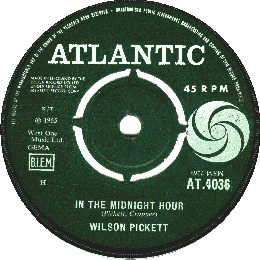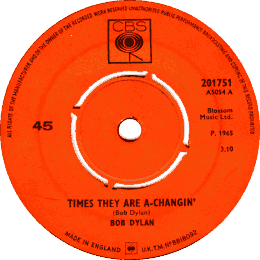
|
1965 | |
| Bob Dylan; born May 24th 1941 in Duluth | ||
|
"Times they are a-changin'" sang Bob Dylan in 1965, and indeed in the realms of popular music they certainly were changing. Although the top groups were still riding high, the UK's obsession with the group sound was beginning to fade and new artists were appearing. The trend was towards singer-songwriters on both sides of the Atlantic. |
||
|
'Times They Are A-Changin'' was actually recorded in 1964 and Dylan had some UK success during that year with albums, but this was his first success on 45 rpm reaching #9. Bob Dylan, drawing heavily on influences from Woody Guthrie, wrote prolifically. His songs became familiar during the remaining 1960s years. Sometimes they were sung by other people, like the Byrds -one of the 'new' groups that appeared to displace those that came before. |
||
